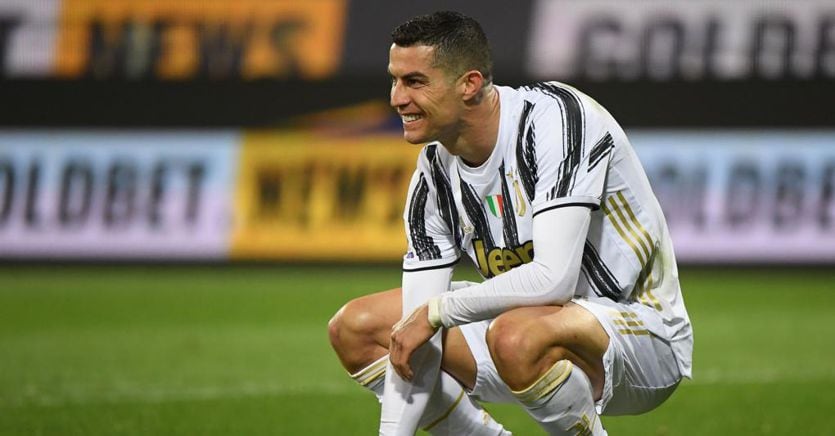by Marco Bellinazzo
2 ‘of reading
When Juventus president Andrea Agnelli flew to Greece in Costa Navarino in July 2018 to toast with Cristiano Ronaldo and his agent Jorge Mendes on the purchase of the Portuguese champion, he was aware of embarking on a very risky undertaking. The choice to hire one of the two strongest players in the world, and certainly the most “iconic”, would have involved unprecedented financial sacrifices, but on the other hand it would have allowed to accelerate the club’s globalization process, bridging the gap with European competitors , and to attack the Champions League with reinvigorated ambitions.
After the unexpected elimination with Porto in the round of 16, which decreed the third flop in a row in the continental context, the judgment on the CR7 operation turns clearly to red. The responsibility for the failure is only half attributable to the management. If, in fact, management’s wrong technical choices must be blamed for the setbacks on the pitch (the victories in the Champions League were an unparalleled driving force for Real, Barcelona and Bayern), the heavy impact of the unpredictable Covid-19 pandemic cannot be underestimated. The club led by Agnelli, however, was surprised in the middle of the ford, that is, before the expected and progressive increase in revenues followed to equalize the conspicuous investments made in the last three years.
Loading…
In absolute terms, it is not easy to establish whether in the absence of these unfortunate events the growth plan hypothesized in the four-year period 2018-2022 would have unfolded. However, the projections of some results achieved in the meantime lead us to believe that the CR7 operation had credible economic rationale and that the effort to hire Ronaldo would have been sufficiently repaid, guaranteeing significant financial and image returns to Juventus even after 2022.
Here’s what the numbers say. The financial commitment for the five-time Golden Ball for Juve will be around 360 million in the four-year period (90 million per season between salary, taxes and amortization of 29 million). In terms of structural revenues, after the CR7 landing in Turin, the bianconeri, however, recorded a two-year increase of 42 million thanks to the sponsors, thanks to the renewals with Adidas and Jeep (25 million more than before) and the agreement with Allianz on the naming rights of the stadium. Furthermore, in the first year of CR7, the revenues from competitions increased by 14 million and those from merchandising by 16. Therefore, without the health “recession” that canceled these surpluses in the 2019/20 season and also assuming that there would be no further increases in revenues in subsequent years (also between TV rights and Champions) Juve would have collected a total, after the arrival of Ronaldo, about 250 million more in four years than in the 2017/18 season.
Budgets, like history, are not written with ifs and buts, but, however, also considering the intangible aspects of the positioning of the Juve brand and the following on digital channels, the signing of Ronaldo in all probability would not have been a financial disaster . Of course, Covid-19 and the failures in the Cup have extraordinarily complicated the search for that self-sufficiency that should have marked the new Juventus course. Which will therefore be pursued with alternative plans. CR7 for its part has many reasons (especially tax) to honor the last year of the contract.
